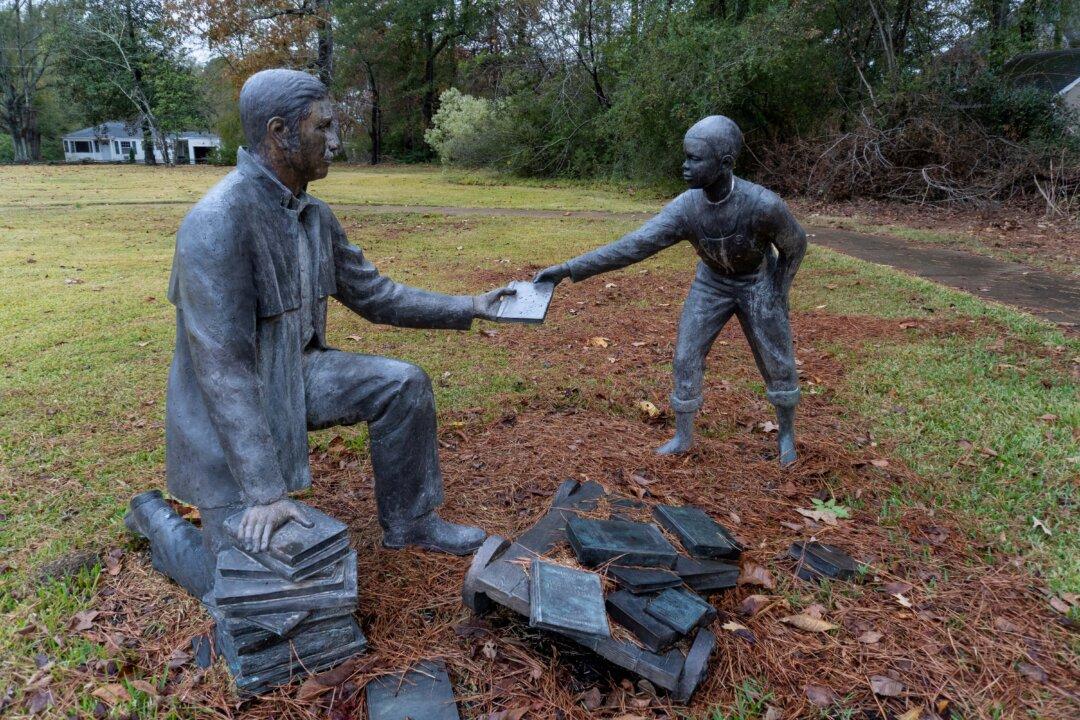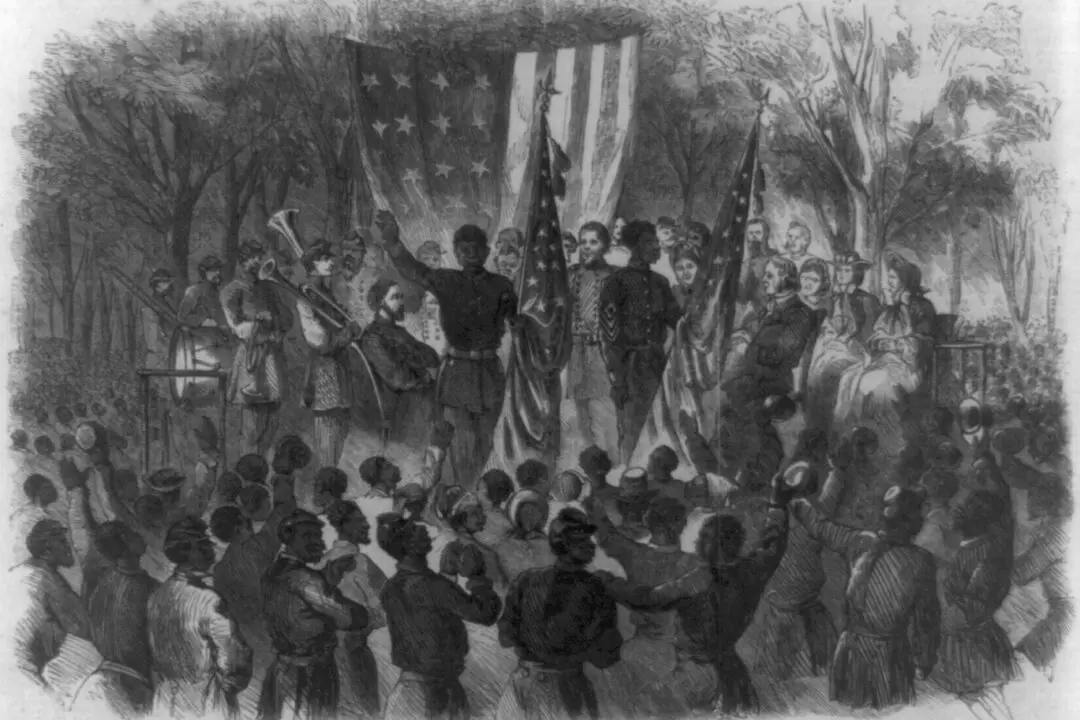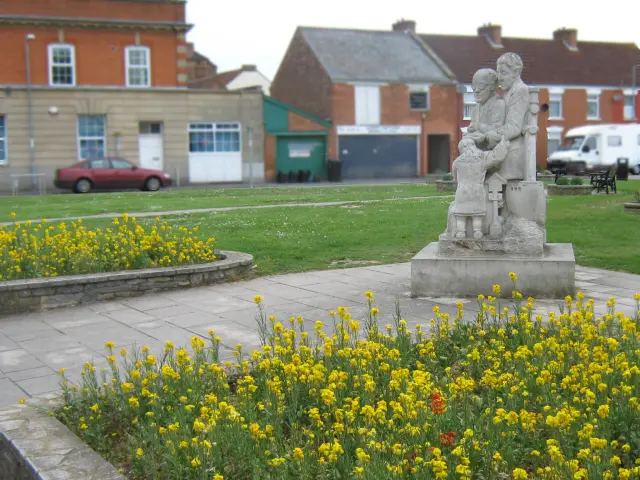As part of the first group of slaves freed by the Underground Railroad, James A. Bowley continued his family’s legacy of standing up for fellow African Americans. Bowley became revered as an educator and politician who fought for the rights of freed slaves during the Reconstruction Era in the post-Civil War South.
Bowley was born in Maryland in 1844 to Kessiah Bowley, who was Harriet Tubman’s niece. Kessiah and Harriet were so close in age that they considered themselves sisters. Bowley’s father, John, was manumitted by his owner in the 1840s and worked as a blacksmith and shipbuilder.






